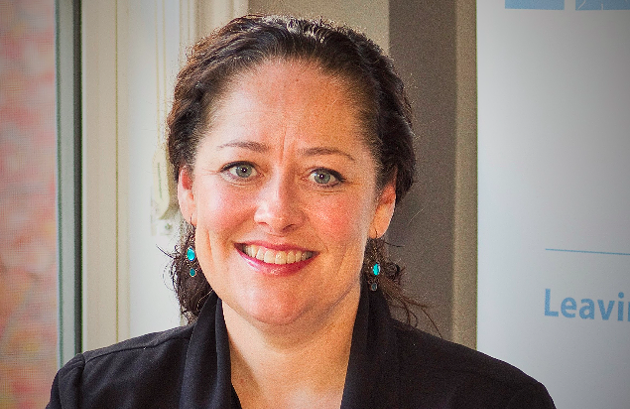A group of advocates against gendered violence is pushing for better communication between university researchers, government policymakers and community service providers.
“It’s really important and it’s surprisingly rare that this conversation across sectors happens,” says Marina Gonick, a professor at Mount Saint Vincent University. She’s also the Canada research chair for Gender. “We each have our own plans or perspectives.”
Gonick was one of the participants at a recent event hosted by the Nova Scotia Gendered Violence Prevention Network (NSGVPN). The gathering took place over two days this week at MSVU and looked at “sustainable approaches to gender violence prevention.” By working as a collective, Gonick explains, everyone can share their best practices as well as what needs to be improved.
Guest speaker Lana Wells, associate professor of social work at the University of Calgary, shared her experience with Shift: The Project to End Domestic Violence.
“We’re trying to figure out ways to stop violence before it starts,” says Wells. “In order to do that, what we know is we need everybody in the tent towards the same goals and agenda.”
Wells started Shift in 2010. Much of its research involves engaging men and boys specifically. The program is currently partnering with with 32 school jurisdictions in Alberta. The hope is that Wells’ work could serve as a framework for a similar model in Nova Scotia.
“I just believe there is so much social capital and amazing leadership and leadership skills in Nova Scotia—in all the different sectors,” says Wells. “I really think they can make a difference.”
Heather Byrne—the director of Alice Housing—was encouraged to see the concept already brought to life in another province.
“It’s inspiring to see that it’s possible.”
According to Byrne, it’s difficult for non-profits to get funding for evaluations.
“Typically, the people doing frontline service delivery are not researchers,” she says. A partnership with a university, which already has someone dedicated to researching gendered violence, solves that problem.
Evaluating a non-profit’s programming can help make cases to the government and other funding sources to continue or increase support. The researchers “in turn, get access to the frontline work and the first voices, information and data that fuel their own research,” says Byrne.
The government, non-profit and university sectors are already doing this work independently, but Byrne believes working together and exchanging assets means progress would be quicker.
The conversation didn’t end with the event on Wednesday. Byrne says an action plan identifies some key issues and will mobilize resources from all three sectors. The NSGVPN website is also being developed, which will include a blog and links to resources around gendered violence.
“We have to keep our pulse on what’s happening and the complexity of the issue and move forward together as a group, rather than individually,” says Byrne.





















